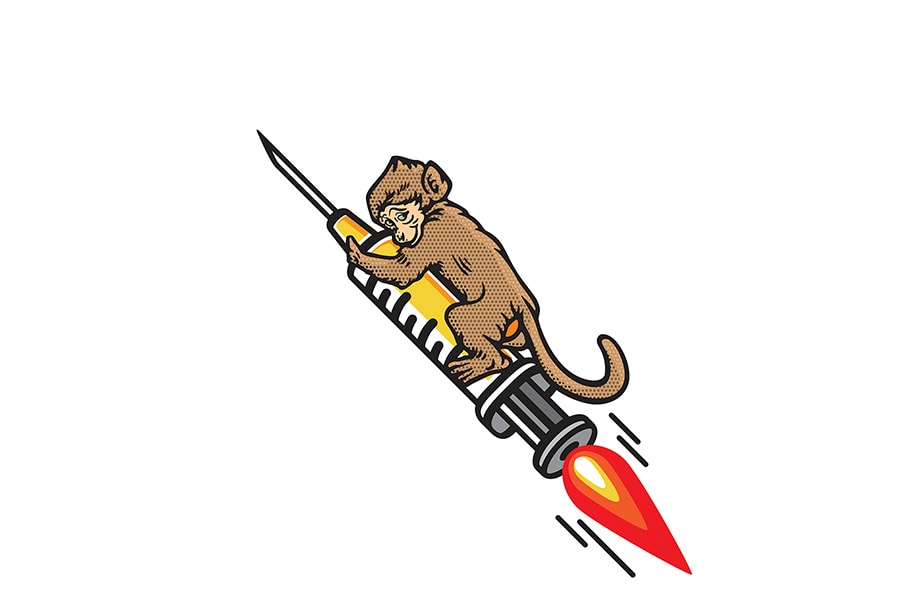
Experimental mRNA vaccine for HIV shows promise in animals
The research, which was carried out by scientists at the National Institute of Allergy and Infectious Diseases (NIAID), Moderna and other institutions, demonstrated that the vaccine was safe and prompted desired antibody and cellular immune responses against an HIV-like virus
 mRNA vaccine combines several features that may overcome shortcomings of other experimental HIV vaccines and thus represents a promising approach
mRNA vaccine combines several features that may overcome shortcomings of other experimental HIV vaccines and thus represents a promising approach
Image: Shutterstock
An experimental HIV vaccine based on mRNA—the same technology used in two highly successful Covid-19 vaccines—has shown promise in experiments in mice and monkeys, according to a study published Thursday in Nature Medicine.
The research, which was carried out by scientists at the National Institute of Allergy and Infectious Diseases (NIAID), Moderna and other institutions, demonstrated that the vaccine was safe and prompted desired antibody and cellular immune responses against an HIV-like virus.
Rhesus macaques that received a priming shot followed by multiple boosters had a 79 percent lower per-exposure risk of infection by simian-human immunodeficiency virus (SHIV) compared to unvaccinated animals.
"Despite nearly four decades of effort by the global research community, an effective vaccine to prevent HIV remains an elusive goal," said NIAID director and co-author Anthony Fauci, in a statement.







